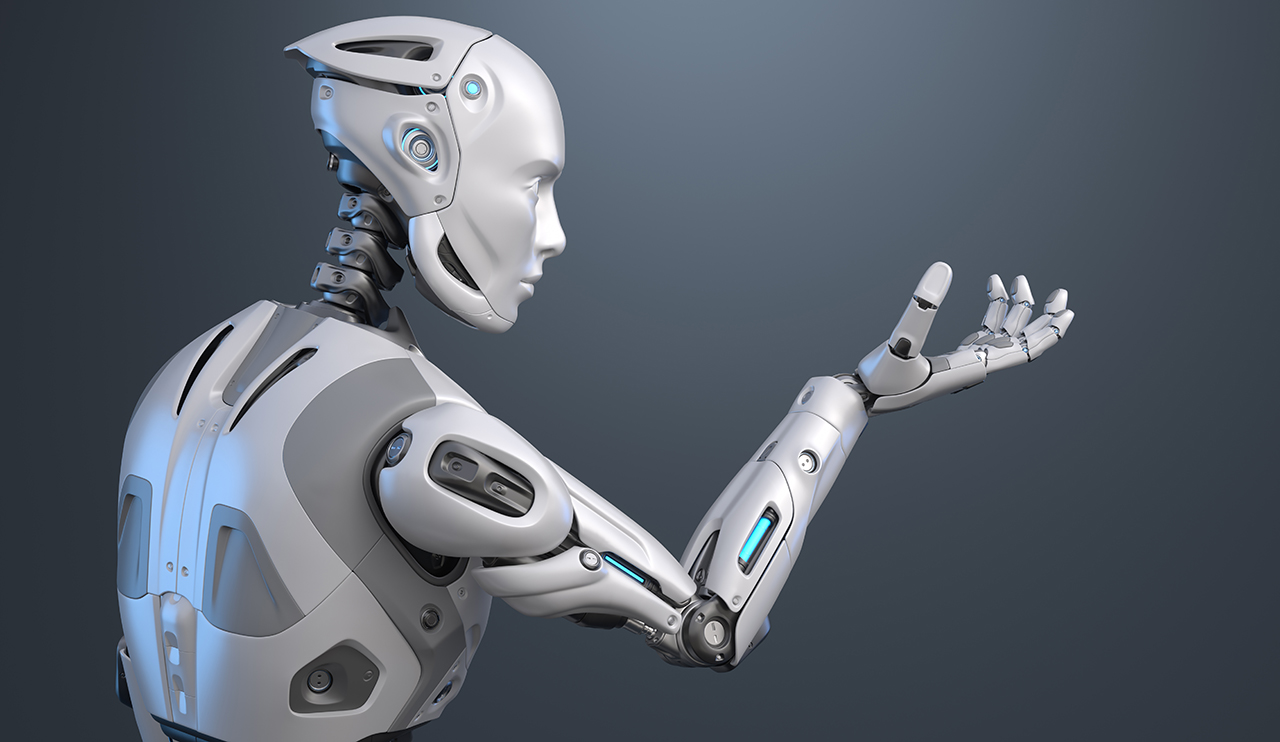Using Artificial Intelligence (AI) on ASTM standards and related intellectual property is prohibited. Violations will result in suspension of access.

By Rich Wilhelm
Apr 30, 2025
Robotics have played a vivid role in the public imaginations for decades, but often through to fiction of Star Wars, I, Robot, and Terminator. However, robots are becoming more non-fiction than fiction every day. On the latest episode of ASTM International’s podcast, Standards impact, host Dave Walsh has a fascinating conversation with Aaron Prather, ASTM’s director of robotics and autonomous systems programs, as well as a member of ASTM’s robotics, automation, and autonomous systems committee (F45). Dave and Aaron talk about how standards are playing a crucial role in the present and future of robotics.
Here is an excerpt from Dave and Aaron’s illuminating conversation:
Dave Walsh: You're a member of multiple ASTM committees including the committee on robotics and automation, F45. What are some of the everyday applications of robotics that you see becoming everyday reality in 2025 that people might not be aware of? Like things that are pretty close to becoming reality that maybe aren't as sinister or or morally questionable as what we've been discussing? You know, is it manufacturing? Is it rescue missions? Things like that.
Aaron Prather: I definitely think we have a lot more manufacturing and warehousing robots that will be deployed. Just recently we had Locus robots announced that they have had their 5,000,000,000th pick from a warehouse. That is amazing because only six months ago they reported their 4,000,000,000th. So it's accelerating. We're seeing more and more robots being deployed in factories and warehouses. But the general public doesn't see that all the time. But the whole thing is, I can guarantee you if you order something online right now, there is a high probability that a robot helped get that package to you in one way or another. You just might not see it. But when it comes to public facing robots, I think the public's going to start seeing more and more robots if they're not already seeing them. Delivery robots are taking off. I don't think that there is a college campus here in the United States that does not have delivery robots delivering food to college students.
And that's just going to keep increasing. We're going to see more and more delivery robots hitting the streets. That'll be the first phase. The other area that we're going to start seeing more robots are in healthcare situations because we do have a shortage of nurses. So the whole idea is what are some of the tasks we can give to robots that nurses can then be freed up to focus on their patients? And so we're seeing, just like we're seeing delivery robots for college students who are just lazy, they just want their food delivered to them. We're seeing delivery robots in hospitals, delivering drugs, delivering supplies to stations so nurses can stay near their patients and not have to go down the hallway to get something. They're having the robot bring them stuff. And that leads into probably what we'll start seeing in the home where we'll start seeing simple robots in the home that will allow you to move things throughout that.
There's already a lot of folks talking about can the Roombas that are vacuuming also become delivery robots or can they start picking up things? There's actually a Roomba now that has an arm on it that picks up the socks. But the whole thing is, is there going to be these slow incursions into the public and it's going to be the simple things. Simple things that robots can just move things from point A to point B. And we're already seeing that in large cities. It'll start getting into the suburbs and then into the rural areas. And then finally I would say agriculture will be the next area that we'll see a big focus in just because we need to be fed and there's just not a enough workers out there doing that kind of job. So, we're going to have to have more robots in our fields, picking our crops and taking care of our animals. I saw a fascinating one of just using robots to herd cows that's being worked on numerous levels. You wouldn't think that's a problem, but the cows have to move from one field to another. Who's going to do that? Well, it looks like it's going to be robots.
Dave Walsh: And you know, you bring up an interesting point, just to clarify for our listeners. These will be sort of the less glamorous robots, right? These will be like boxy little robots trundling around maybe an arm on the side of a machine, like you indicated earlier. These won't capture your science fiction imagination necessarily.
Aaron Prather: I mean, the whole thing is, is there's something to be said about boring robots, they're doing their thing. As I said, if you order something online, a robot is probably going to help get that done. You'll probably never know it did it. But the reason you got it within two days is because robots helped it get done.